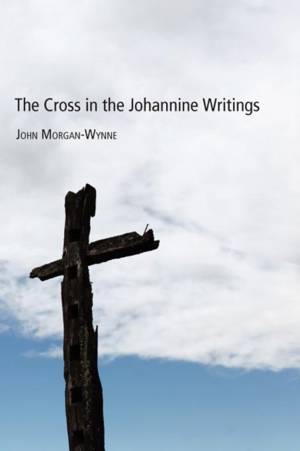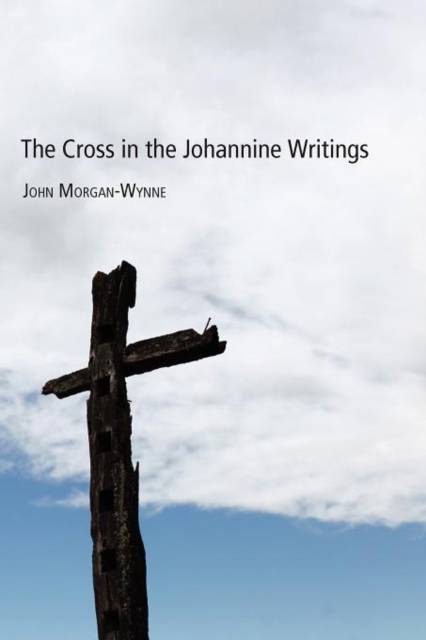
- Retrait gratuit dans votre magasin Club
- 7.000.000 titres dans notre catalogue
- Payer en toute sécurité
- Toujours un magasin près de chez vous
- Retrait gratuit dans votre magasin Club
- 7.000.0000 titres dans notre catalogue
- Payer en toute sécurité
- Toujours un magasin près de chez vous
55,95 €
+ 111 points
Format
Description
This book offers a rigorous analysis of the theme of "the cross" in the Johannine literature. After reviewing previous scholarship on the issue, Morgan-Wynne examines evidence that prima facie suggests that the evangelist, while maintaining the role of Jesus as revealer of the Father in his incarnate ministry, also saw something decisive for the salvation of human beings happening in the cross. Having established this, the work looks at John's understanding of sin and his concept of the purpose shared by the Father and Jesus, before reflecting on themes associated with the meaning of the cross. Of special importance is John 12, which connects the cross to the judgment of the world, the ejection of Satan, and the drawing of all to Jesus. The author examines what John considers to have been objectively achieved at the cross. A further section examines the meaning of the death of Jesus in the Epistle of 1 John, seen as the work of someone different from the evangelist but belonging to the same Johannine circle. The similarities and differences between Letter and Gospel are explored.
Spécifications
Parties prenantes
- Auteur(s) :
- Editeur:
Contenu
- Nombre de pages :
- 318
- Langue:
- Anglais
Caractéristiques
- EAN:
- 9781610972512
- Date de parution :
- 01-05-11
- Format:
- Livre broché
- Format numérique:
- Trade paperback (VS)
- Dimensions :
- 152 mm x 226 mm
- Poids :
- 453 g

Les avis
Nous publions uniquement les avis qui respectent les conditions requises. Consultez nos conditions pour les avis.






